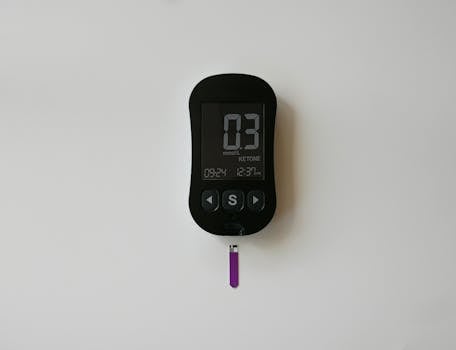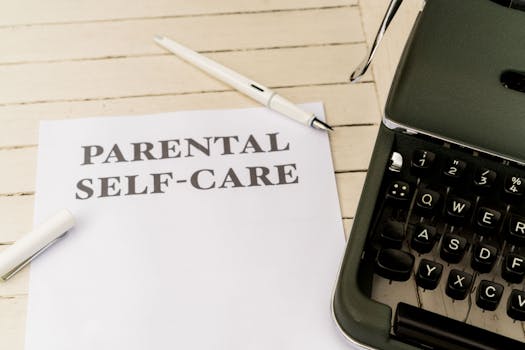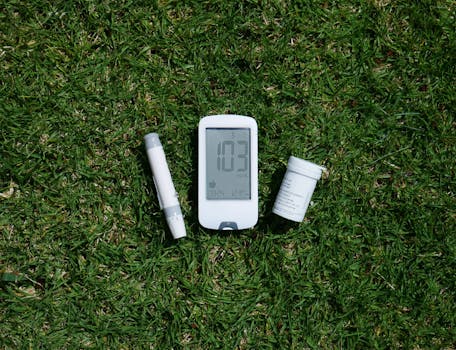
Understanding Hypertension: The Silent Killer and Its Impact on Health
Takeaways:
- Hypertension affects millions globally and is a major risk factor for cardiovascular diseases.
- Many people with hypertension are unaware of their condition due to its asymptomatic nature.
- Managing hypertension involves lifestyle changes, medication, and regular monitoring to reduce health risks.
Hypertension, commonly known as high blood pressure, is a serious health condition that affects a significant portion of the global population. It occurs when the force of blood against the walls of the arteries is consistently too high. Hypertension is often termed a “silent killer” because it may not present any symptoms until severe complications arise. This article aims to provide a comprehensive overview of hypertension, its causes, symptoms, and its profound impact on health.
What is Hypertension?

The American Heart Association defines normal blood pressure as anything below 120/80 mmHg. Hypertension is diagnosed when blood pressure readings consistently exceed 130/80 mmHg. Understanding these numbers is crucial for identifying and managing the condition effectively.
Causes and Risk Factors of Hypertension

- Genetics: A family history of hypertension increases the risk of developing the condition.
- Age: The risk of hypertension increases with age, affecting both men and women.
- Lifestyle Factors: Poor diet, lack of physical activity, obesity, smoking, and excessive alcohol consumption significantly raise the risk.
- Chronic Conditions: Conditions like diabetes, kidney disease, and sleep apnea can contribute to hypertension.
- Stress: Chronic stress may lead to unhealthy habits that increase blood pressure.
Symptoms of Hypertension

- Headaches
- Nosebleeds
- Shortness of breath
- Chest pain
- Dizziness
These symptoms typically manifest when blood pressure reaches alarming levels and can indicate a hypertensive crisis, requiring immediate medical attention.
Impact of Hypertension on Health

- Cardiovascular Disease: Hypertension is a leading cause of heart disease and stroke. It can lead to the hardening of arteries (atherosclerosis), which restricts blood flow and increases the risk of heart attacks.
- Kidney Damage: High blood pressure can damage the blood vessels in the kidneys, impairing their ability to filter waste from the blood, potentially leading to kidney failure.
- Vision Loss: Hypertension can lead to damage in the blood vessels of the eyes, resulting in vision problems or blindness.
- Metabolic Syndrome: This cluster of conditions, including high blood pressure, high blood sugar, excess body fat around the waist, and abnormal cholesterol levels, increases the risk of diabetes and heart disease.
- Cognitive Decline: There is evidence suggesting that hypertension may contribute to cognitive impairment and increase the risk of dementia.
Managing Hypertension

- Regular Monitoring: Regular blood pressure checks can help in timely diagnosis and management.
- Lifestyle Changes: Adopting a heart-healthy diet, such as the DASH diet, maintaining a healthy weight, engaging in regular physical activity, quitting smoking, and reducing alcohol intake can significantly lower blood pressure.
- Medications: In some cases, doctors may prescribe antihypertensive medications to help control high blood pressure.
- Stress Management: Techniques such as mindfulness, yoga, and meditation can help manage stress levels.
Conclusion








